#History books
Text




What is there in this world that truly makes living worthwhile?
ig credit: itsshukran.
#philosophy books#history books#books#book#bookish#bookstagram#books & libraries#booklr#book and literature#book and coffee#book aesthetic#alternative#aesthetic#dark academia#dark academic aesthetic#dark aesthetic#aestheitcs#dark#art#light acadamia aesthetic#light academia#cats#cat aesthetic#catlover#cat#coffee photography#coffee aesthetic#coffetime#coffeshop#coffee
2K notes
·
View notes
Text
Kendrick's response to Drake's horribly crafted final "diss" 😏

164 notes
·
View notes
Text







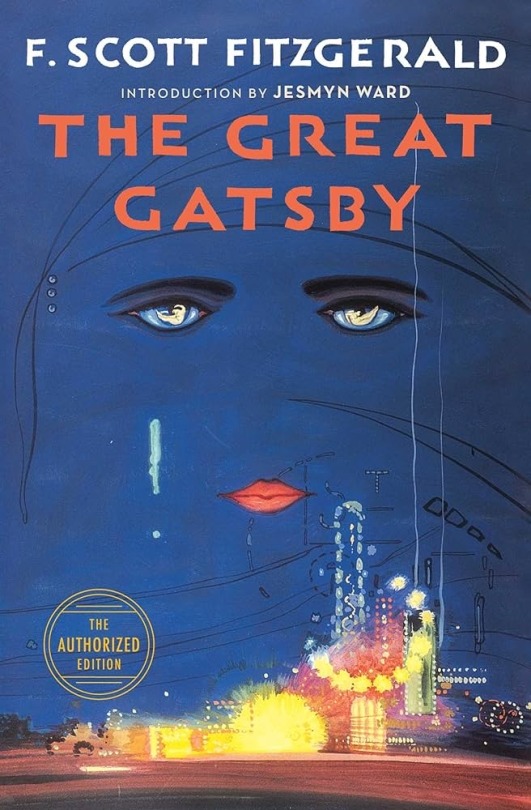


book rec drop!! currently reading ‘speak’, to be finished tomorrow! I’ve been told the ending leaves much to be desired but i’m not so sure just based off what I’ve read (like 150ish of 198 pages) tbd tbh
bye! 🤟
#booklr#bullet train#speak#someone knows my name#books recs#history books#historic fiction#chew comics#comics#comic recs#little monsters#enby#enby representation#enby vampire slay#great gatsby#we have always lived in the castle#myorar#sleep#my year of rest and relaxation#Shirley Jackson#ottessa moshfegh#the secret history#donna tartt#tomie#junji ito#junji ito tomie
186 notes
·
View notes
Text

“Ivan Marcus’s book is a major intervention in the ongoing scholarly conversation about medieval and modern ‘antisemitism,’ including the debate as to whether this is the correct word to describe the cluster of hostile attitudes toward Jews in the earlier period. He strongly defends the usage in this characteristically evenhanded but spirited and engaging study of a painful subject. It ought to command wide readership and stimulate an enormous amount of productive critical response.”
58 notes
·
View notes
Text
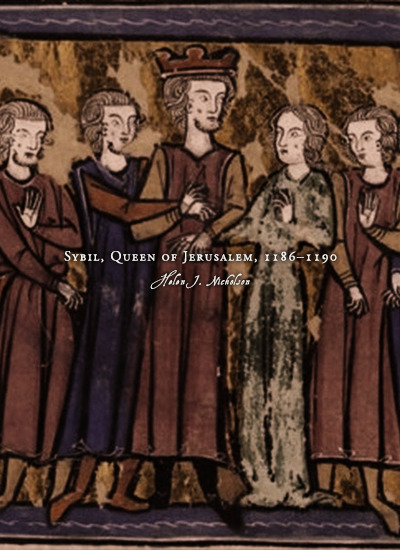


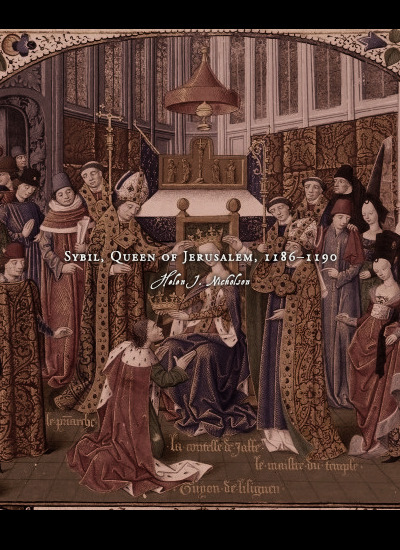
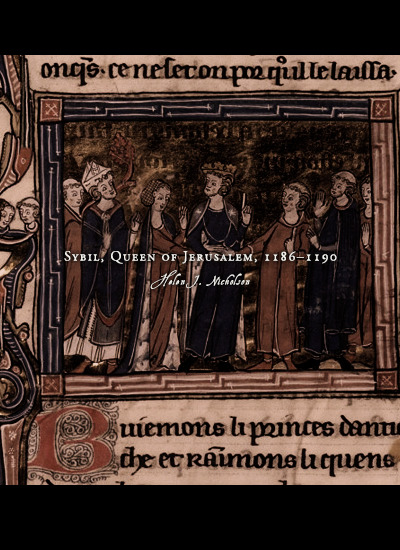

Favorite History Books || Sybil, Queen of Jerusalem, 1186–1190 by Helen J. Nicholson ★★★★☆
As a child, Sybil’s future prospects appeared excellent: as the eldest child of King Amaury of Jerusalem and as a member of the dynasty that claimed descent from Godfrey de Bouillon and the other heroes of the First Crusade, we might expect that she would have been an attractive marriage prospect. Yet European noblemen did not queue up to seek her hand. One reason for this might have been that commanding the defence of the kingdom of Jerusalem in the face of aggressive Muslim expansionism was a daunting prospect for any warrior, no matter how ambitious. Moreover, as her brother Baldwin’s illness became generally known in Europe, Sybil’s potential husbands may have wondered whether she and her children would be similarly afflicted. In addition, as her brother Baldwin and his council made clear to Philip of Alsace in autumn 1177, outside aid was unwelcome in the kingdom except on the terms they dictated. Robert VI of Béthune, Philip of Alsace’s candidate for Sybil’s hand, might have made a more effective count of Jaffa and Ascalon, regent of the kingdom and king consort than Guy de Lusignan, but Baldwin – aged only sixteen at the time of Count Philip’s crusade – preferred to marry his sister to a man he knew.
If King Baldwin IV had supported his elder sister as the heir who – given that Baldwin V was very young and in uncertain health – would almost certainly inherit the kingdom, it might have been possible for Sybil to unite the nobles of the kingdom behind her as her brother had done. But his contradictory and changing policies left her rights of inheritance unclear and the nobles of the kingdom divided. He married her to one of his household knights, then attempted to divorce them; he appointed her husband as procurator, then shortly afterwards deposed him and appointed her son as his co- ruler, and then appointed another procurator, then finally appointed two regents, one to care for the young king Baldwin V and the other to govern. If he made further arrangements for the succession after Baldwin V they were unworkable. By marrying his younger half-sister to a leading noble of the kingdom but forcing the bridegroom to surrender his inherited estates in return, King Baldwin IV ensured that both his sisters and their husbands and supporters had grievances against him. While his measures reduced any threat that he would be overthrown during his lifetime, they boded badly for the kingdom after the death of his immediate heir.
Given the rivalries between the leading nobles of the kingdom and Saladin’s need to win a decisive victory over the Franks, no one could have prevented Saladin from taking Jerusalem and conquering most of Sybil’s kingdom; Sybil was doomed to failure as queen. Not only did she lose Jerusalem, but she also failed in the most fundamental function of a noblewoman: she failed to provide an heir for herself, as both her son Baldwin and her daughters died in childhood. On the other hand, in the face of disaster she did not abandon her kingdom and flee to Europe, nor did she retire to a religious house. Instead, she stayed in the crusader states and did all she could to oppose the invader. She tried to defend Ascalon, she remained in Jerusalem until it was surrendered to Saladin, she obtained her husband’s release from Saladin’s prison, and by accompanying him in the months that followed she gave him the authority to continue as king of Jerusalem. As husband of the eldest daughter of King Amaury of Jerusalem and as a crowned king, Guy had a stronger claim to royal authority than Conrad of Montferrat: crusaders from Europe rallied to him and the representatives of the Italian maritime cities supported him so that he could begin the fightback against Saladin which was continued by the Third Crusade and enabled the kingdom of Jerusalem to continue to exist until 1291. When Sybil died, Guy’s authority died with her; but she had ensured that her kingdom would not die, at least for another century.
#historyedit#litedit#sibylla of jerusalem#french history#medieval#asian history#european history#women's history#history#house of anjou#history books
63 notes
·
View notes
Note
Do you have any recommendations on books about the history of Catalonia?
I have (obviously) read about the topic in Catalan, so I haven't personally read the books that have been published in English, and the options are going to be more limited in English. But I have heard lots of historians (both from here and from around the world) praise the book A People's History of Catalonia by Michael Eaude. Judging by the reviews I've seen, it seems like a very complete book, perfectly historically accurate, and engaging. Even though I haven't read it personally (yet), I've seen Catalan historians whose work I really trust and respect recommend it.
However, you have to be interested in working class history, if you're looking for the story of kings and the church, you'll find that less here.
This might also interest you: I answered a similar question here.
#ask#anonymous#books#history#book recommendations#history books#history book#catalonia#història#michael eaude#a people's history of catalonia#people's history#working class history
21 notes
·
View notes
Text

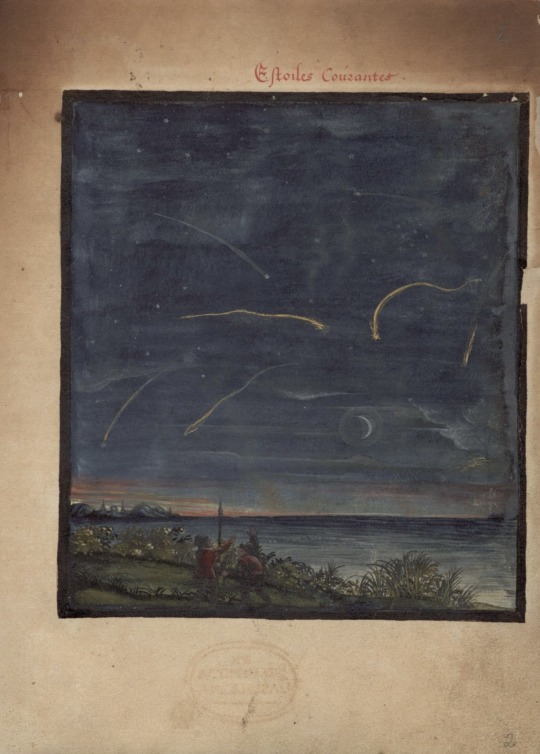
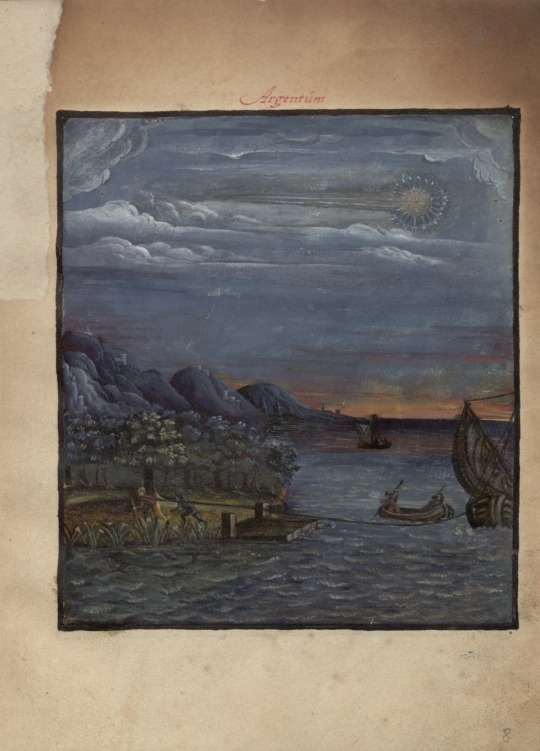
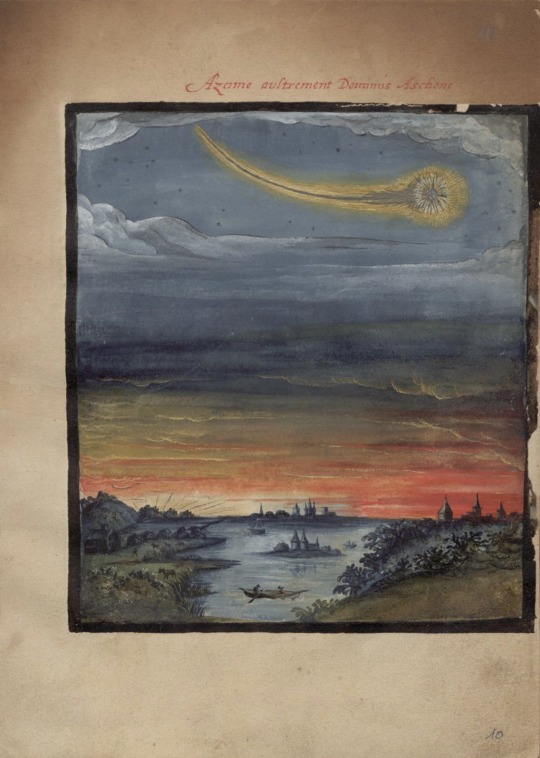

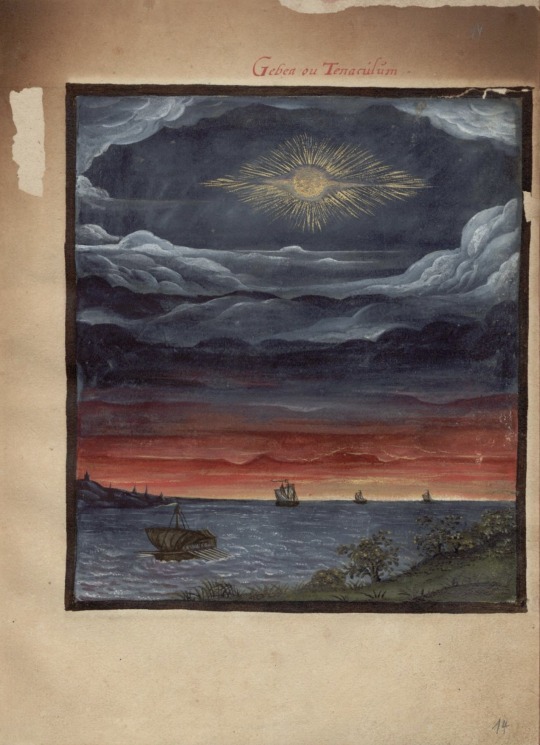

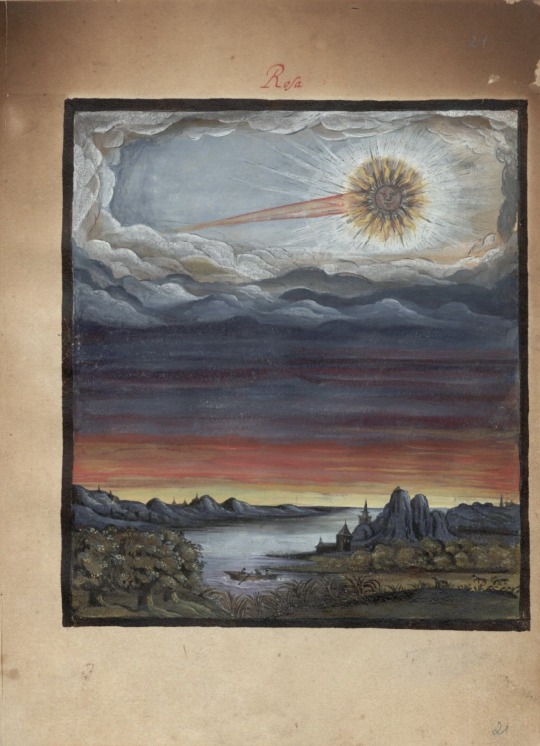

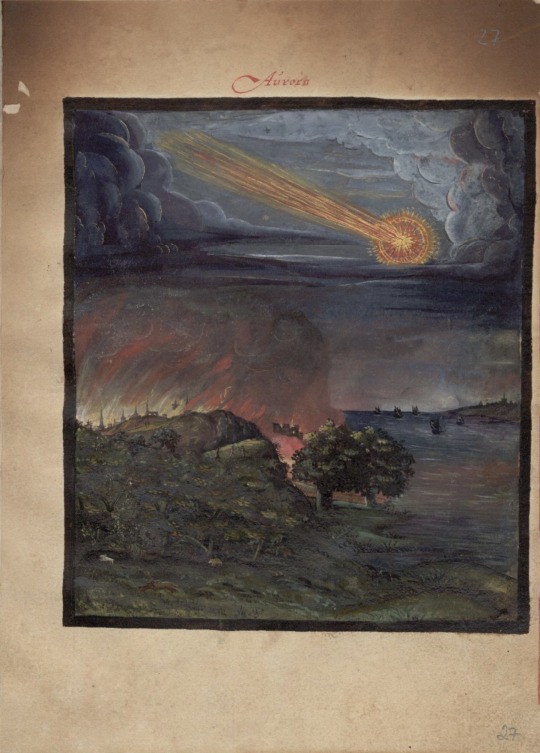
The Comets and Their General and Specific Meanings, published in 1587. Unknown author.
#1580s#astronomy#books#mine#comets#astrology#16th century#antique#solar system#outer space#constellations#antique books#french#space#france#old books#reading#vintage#universe#cosmos#asteroid#cosmology#celestial#comet#history#historic#history books#1500s
63 notes
·
View notes
Text
The Years of Extermination by Saul Friedlander
Hitler’s Empire by Mark Mazower
Bloodlands by Timothy Snyder
= my big 3 rn. this book (the one that I’m writing) requires a huge amount of contextual exposition about everything from the evolution of Nazi thought regarding the solution to the “Jewish problem,” to why Hitler felt the need to invade the USSR, to what the fuck kind of games Stalin was playing wrt Poland.
Also, Years of Extermination is probably the best work of Holocaust history I’ve ever read and I highly recommend it.
51 notes
·
View notes
Text
RON CHERNOW
Are there inaccuracies in Ron Chernow's biography of Alexander Hamilton? Of course.
Does he kiss Hamilton's ass? Sure, the book is totally hagiographic... except when he's criticizing Hamilton for...
Cheating on his wife
The Newburgh Conspiracy
The John Adams burn letter
The Reynolds Pamphlet
The Whiskey Rebellion
Defending the Jay Treaty
Getting killed in a duel
Leaving his widow and children destitute
Duel challenges
Bitching anonymously in the press
Being too thin skinned
Lusting after pretty much everyone including his sisters in law
Etc., etc.
Oh, and btw, he doesn't cite his sources at all.... Except, these:
#alexander hamilton#amrev#ron chernow#historical hamilton#american history#biography#history books#just saying#aaron burr#hamburr#listen up chucklefucks#lol
14 notes
·
View notes
Text
Get yourself a friend who'll borrow you books like this:
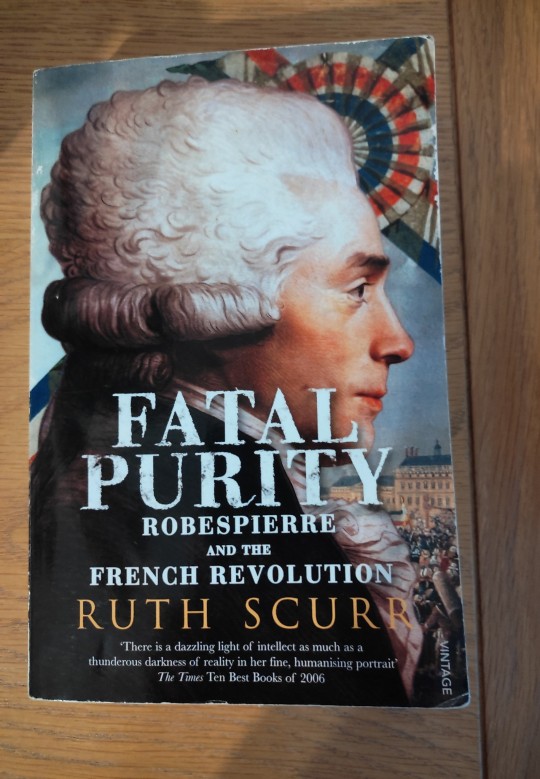
(or alternatively, get yourself a friend who doesn't do it a couple of weeks before your final state exams. Ugh, must... focus... on... studying...)
Still, goals though 💅
#it seems pretty balanced so far? I can definitely see why it says a 'humanising portrait' on the cover#the writing is definitely good#maximilien robespierre#catch me reading this until the small hours and learning precisely nothing about the development of 20th century historiography#french revolution#as Wilde said I can resist everything except temptation#frev#frev community#robespierre#history books#french history#fatal purity#biography
52 notes
·
View notes
Text
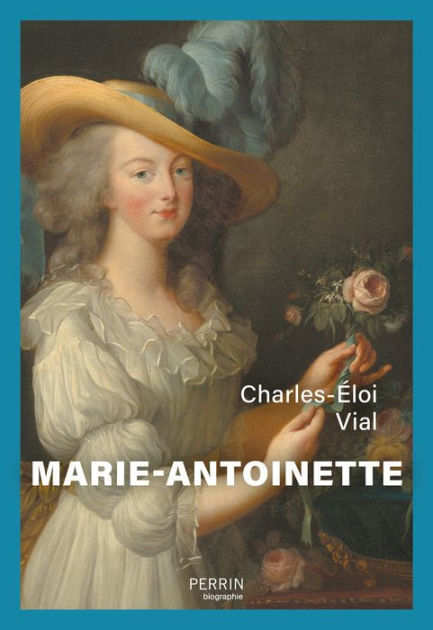
Charles-Éloi Vial's new book on Marie Antoinette is released today (French only); a digital edition can be purchased from a variety of retailers (Amazon, Barnes and Noble, etc) outside France. Vial's book intends to go back to primary sources and archival documents to discover a Marie Antoinette at the root.
#marie antoinette#french history#history books#really interested for this one... already bought my copy but it's 600 pages and my French is so rusty#gonna be a while lol
45 notes
·
View notes
Text




I wandered everywhere, through cities and countries wide.
ig credit: bookishcoffeelover.
#philosophy books#history books#books#book#book and coffee#book and libraries#book art#book aesthetic#travel aesthetic#travelling#travel#home#house#alternative#aesthetic#dark academia#dark academic aesthetic#dark aesthetic#aestheitcs#dark#art#light acadamia aesthetic#light academia#museum aesthetic#museum collections#art museum#museum
1K notes
·
View notes
Text
can anyone give me some book recommendations that have anything to do with amrev? I've gotten back into reading recently, and I only have two on my list, which are 1776 (David McCullough) and Duty & Inclination.
Or really just anything vaguely related to these types of books!
(edit): OKAY TYSMM CACAO also if anyone else wants to give me some recommendations, these books don't have to be all entirely accurate to history! I don't mind a bit of historical fiction, I just want it to be history related in some sense:)
12 notes
·
View notes
Text
Who needs tv when you have the footnotes of history books where the writers keep having an argument with each other in their respective books
55 notes
·
View notes
Text

“In this fascinating book, Kunzel shows us not only how psychiatry shaped queer and trans identities in fundamental ways, but how queer activism adapted itself to resist psychiatric power by imagining new subjectivities and developing new forms of knowledge. This book challenges us to think about queer history and disability history together and to reexamine psychiatry’s relation to non-normative sexualities in a refreshingly new light.”
31 notes
·
View notes
Text
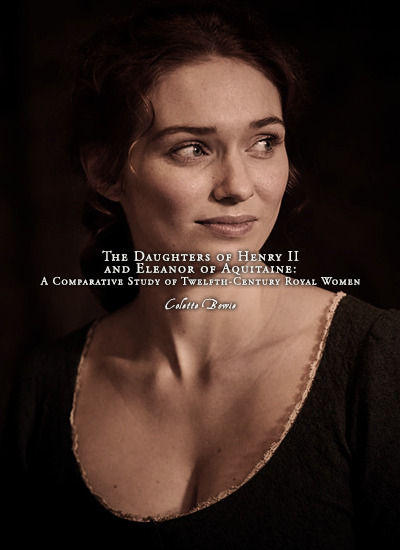

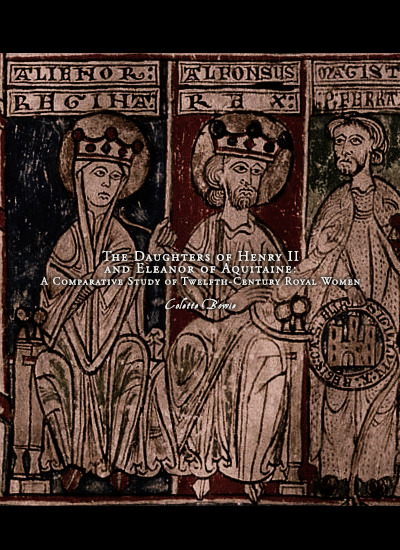
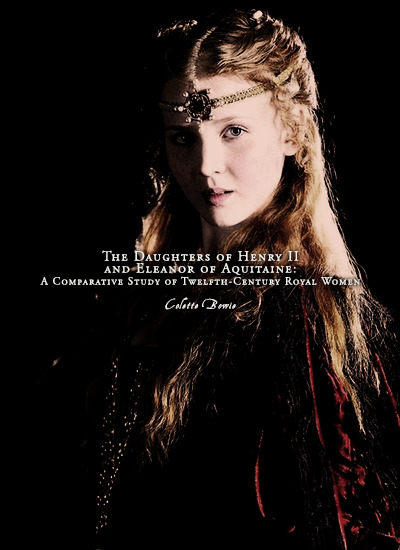


Favorite History Books || The Daughters of Henry II and Eleanor of Aquitaine: A Comparative Study of Twelfth-Century Royal Women by Colette Bowie ★★★★☆
This study compares and contrasts the experiences of the three daughters of Henry II and Eleanor of Aquitaine. The exogamous marriages of Matilda, Leonor, and Joanna, which created dynastic links between the Angevin realm and Saxony, Castile, Sicily and Toulouse, served to further the political and diplomatic ambitions of their parents and spouses. It might be expected that their choices in religious patronage and dynastic commemoration would follow the customs and patterns of their marital families, yet the patronage and commemorative programmes of Matilda, Leonor, and Joanna provide evidence of possible influence from their natal family which suggests a coherent sense of family consciousness.
To discern why this might be the case, an examination of the childhoods of these women has been undertaken (Part I), to establish what emotional ties to their natal family may have been formed at this impressionable time. In Part II, the political motivations for their marriages are analysed, demonstrating the importance of these dynastic alliances, as well as highlighting cultural differences and similarities between the courts of Saxony, Castile, Sicily, and the Angevin realm. Dowry and dower portions (Part III) are important indicators of the power and strength of both their natal and marital families, and give an idea of the access to economic resources which could provide financial means for patronage. Having established possible emotional ties to their natal family, and the actual material resources at their disposal, the book moves on to an examination of the patronage and dynastic commemorations of Matilda, Leonor and Joanna (Parts IV-V), in order to discern patterns or parallels. Their possible involvement in the burgeoning cult of Thomas Becket, their patronage of Fontevrault Abbey, the names they gave to their children, and finally the ways in which they and their immediate families were buried, suggest that all three women were, to varying degrees, able to transplant Angevin family customs to their marital lands. The resulting study, the first of its kind to consider these women in an intergenerational dynastic context, advances the hypothesis that there may have been stronger emotional ties within the Angevin family than has previously been allowed for.
#historyedit#history books#litedit#house of plantagenet#english history#medieval#french history#european history#women's history#history#nanshe's graphics
62 notes
·
View notes